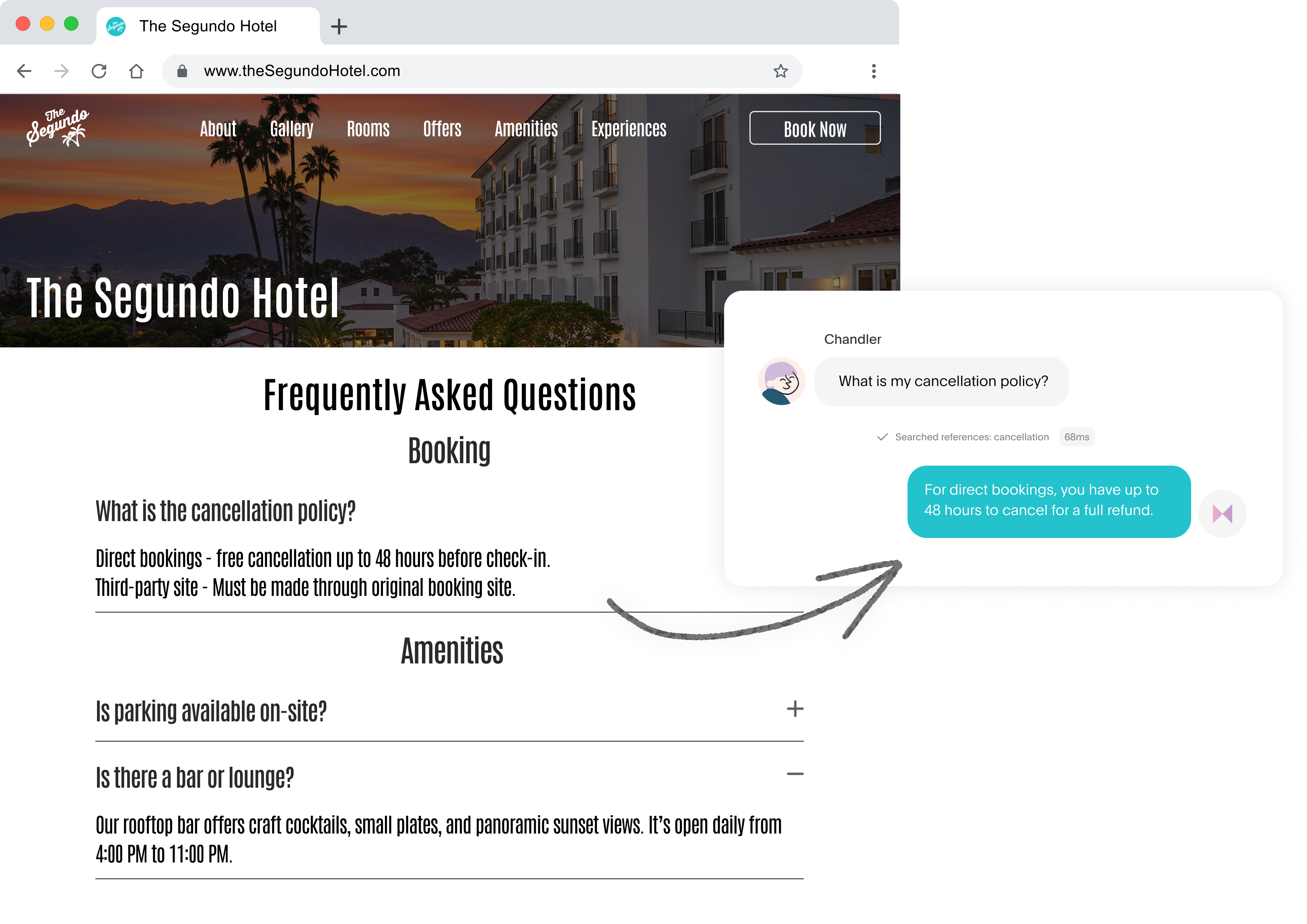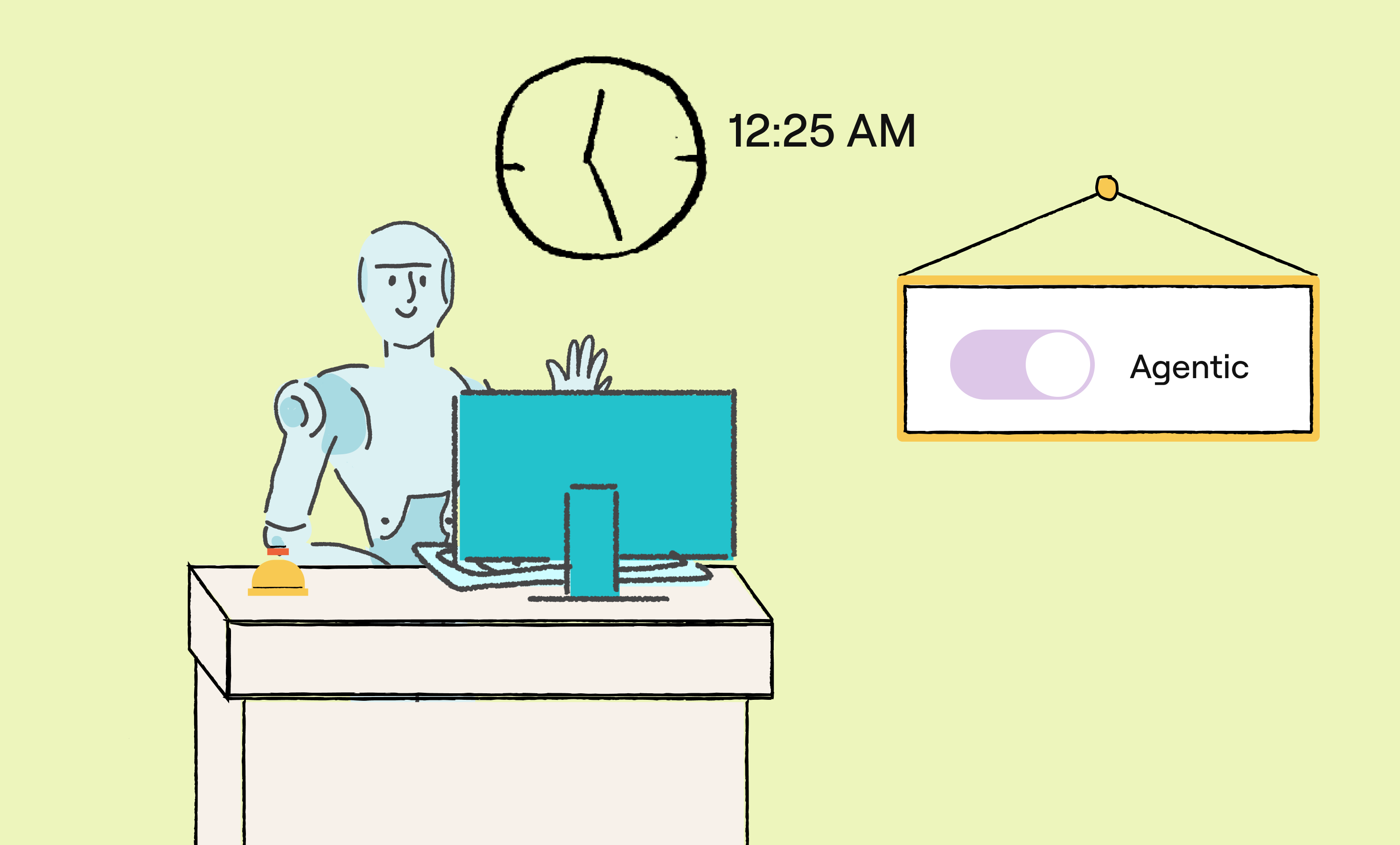Quick hacks that cut check-in costs in half
Discover how digital check-in helps boutique hotels cut costs, prevent fraud, capture guest data, and create smoother arrivals while boosting upsell opportunities.
Behind the charm of boutique hotels, silent killers lurk: staffing costs, fraud, OTA restrictions, and missed upsells. These challenges are even sharper for lifestyle properties where margins are tight, teams are lean, and every guest interaction matters. Digital check-in is quickly becoming the answer, streamlining operations while creating a smoother arrival experience.
Digital check-in adoption across independent and boutique hotels has grown significantly, with hoteliers seeing gains in efficiency, cost reduction, and guest satisfaction. So why are so many properties making the switch?
1. Speed up arrivals and reduce lobby congestion
Traditional check-in times create a bottleneck. Guests often arrive at the same time, late afternoons, weekends, after flights, and lines form at the desk. For small hotels with only a few front desk staff, this creates stress and impacts first impressions.
With digital check-in, guests receive a form by text or email before arrival. They confirm their identity, expected arrival time, and any special details in advance. Once verified, they can head directly to their rooms with access codes or instructions, skipping the lobby altogether.
2. Cut fraud and protect revenue
Fraudulent bookings remain a growing issue for independent hotels. Fake IDs, stolen credit cards, and bad actors can slip through when verification happens manually at a busy front desk.
Digital check-in reduces that risk. Hotels can collect credit card details securely, verify IDs before arrival, and capture signed terms and conditions. By validating guests early, properties prevent fraudsters from slipping through on check-in day.
This also ensures compliance with local regulations. Proper ID verification and recordkeeping protect properties from legal headaches down the road.
3. Unlock guest data hidden by OTAs
Online travel agencies (OTAs) continue to dominate booking channels, but they hold back valuable guest information, most importantly, direct email addresses. Without this, hotels struggle to build their own marketing lists and drive repeat business.
Digital check-in solves this by requiring guests to confirm their personal contact details. This gives hotels direct access to guest emails and preferences, fueling loyalty campaigns and personalized offers. Over time, this reduces reliance on third-party booking platforms.
4. Reduce front desk staffing costs
Boutique hotels often operate on thin margins, and labor is one of the largest expenses. By shifting routine check-in tasks online, hotels can operate with fewer staff members at the desk. Instead of manually checking IDs, entering credit cards, and explaining terms, staff can focus on higher-value guest interactions.
This doesn’t mean removing the human element. Staff are still available for concierge-style support, personal welcomes, and special requests. But they no longer waste time on paperwork that could have been done before arrival.
5. Drive upsells and increase revenue
Digital check-in creates opportunities to capture revenue that would otherwise be missed. Guests filling out arrival forms can be prompted with upgrade offers, late check-out options, or add-ons like breakfast packages. This moment is powerful. Guests are already planning their stay, so they’re more likely to purchase enhancements.
Instead of trying to upsell during a rushed check-in at the desk, hotels can plan in advance and present offers in a more natural, stress-free way.
The bigger picture: A smoother guest journey
Digital check-in isn’t just about saving money, it’s about creating a modern guest journey that matches travelers expectations. Guests don’t want to stand in line at 8 PM while staff shuffle papers at the desk. They want speed, convenience, and personalization.
For boutique hotels, this is a chance to combine efficiency with charm. Staff can spend more time on tailored welcomes and memorable touches, while digital tools handle the routine.
Bottom line: Digital check-in reduces costs and delivers smoother arrivals. The hotels that adopt it today are not just keeping up with big chains, they’re setting themselves apart with a guest journey that’s faster, smarter, and more personal.
Time is one the greatest asset and one of the things that [Akia] has helped us out as a property tremendously.
Emily F.
Executive Assistant
Time is one the greatest asset and one of the things that [Akia] has helped us out as a property tremendously.
Ethan Fishbane
Director of The Front Office, Prince Waikiki
Schedule of events and useful links
Never miss a beat with our comprehensive schedule of events and collection of useful links.

Schedule of events and useful links
Never miss a beat with our comprehensive schedule of events and collection of useful links.

See Akia in action!
Schedule a demo today and learn how our hospitality platform can transform your operations and elevate your guest experience.













